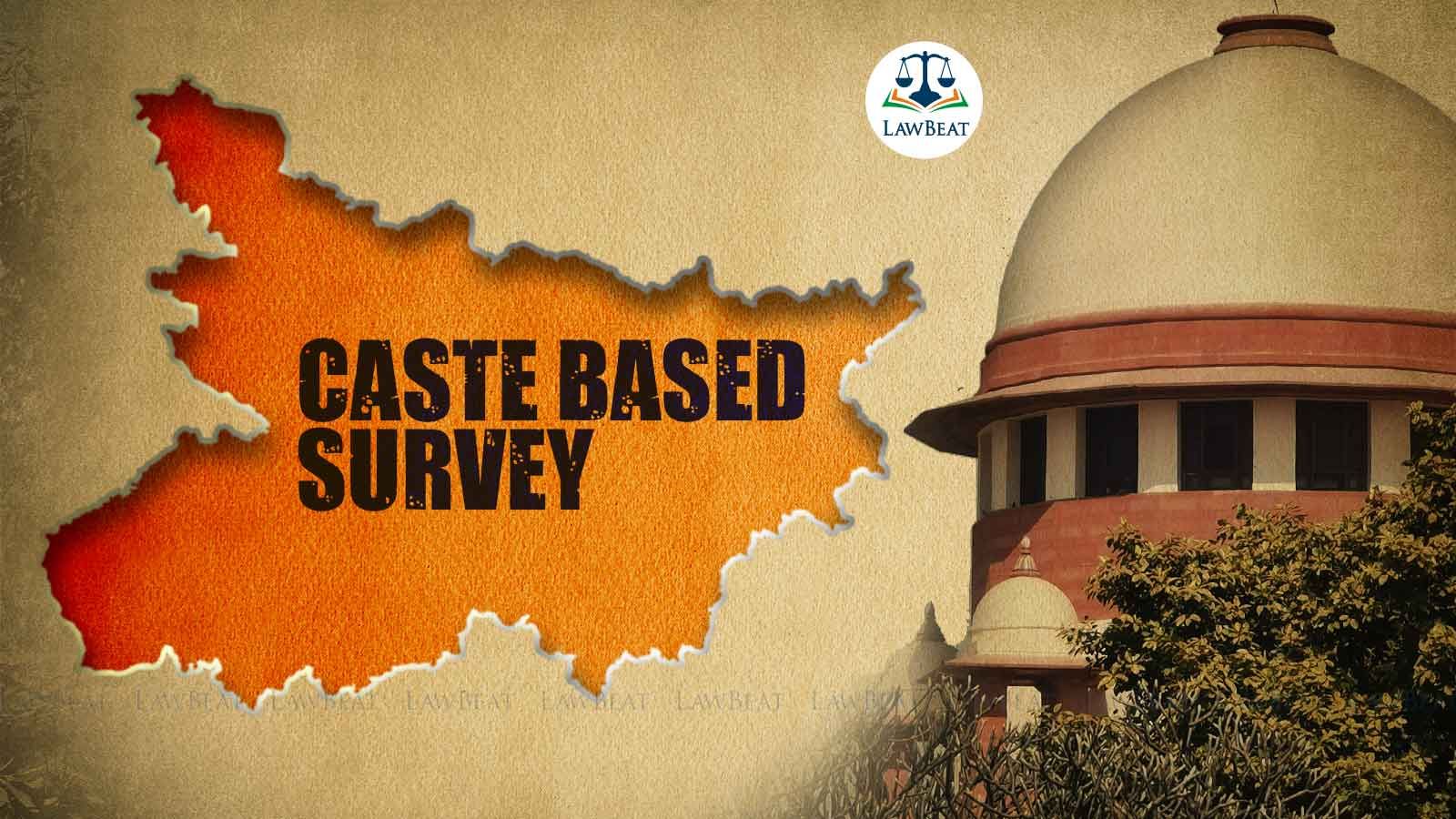Supreme Court to hear plea challenging Bihar's caste based survey on August 18

Last week, while refusing to grant status quo, the top court has noted that as per the high court's impugned judgment, 80% of the work related to the survey has been completed.
Supreme Court today resolved to hear the Patna High Court's order giving a go ahead to the state government's decision to conduct a caste-based survey on August 18.
While doing so, a bench of Justices Sanjiv Khanna and SVN Bhatti refused to stay the same.
Last week, the Supreme Court had refused to grant status quo on the Patna High Court's order.
'Ek Soch Ek Prayas', an NGO, had approached the top court against the High Court's recent decision to uphold the Bihar government's caste-based survey.
A bench of Justices Sanjiv Khanna and SVN Bhatti had on August 7, 2023 adjourned the matter on a request made on behalf of Senior Advocate CS Vaidyanathan, but refused to grant status quo.
Justice Khanna had expressed his surprise on the request and said, "What is this? No question of status quo... We haven't even issued notice...".
In April this year, a division bench of the Supreme Court had refused to entertain a plea challenging the caste-based survey. However, a bench of Justices MR Shah and JB Pardiwala had allowed the petitioners to move an application for early hearing on interim relief before the High Court.
The plea challenged the caste-based survey on the ground that it was not a survey for a sample population, but a census, involving house-to-house enumeration of all people, which only the Centre could undertake.
Later, the Patna High Court had stayed the controversial survey by issuing an order stating, ".. we direct the State Government to immediately stop the caste-based survey and ensure that the data already collected are secured and not shared with anybody till final orders are passed...," .
The High Court also criticised the government's lackadaisical attitude in ensuring data security. It observed that the declaration made by the head of the family is not absolute and even if a video conferencing service is available, there is no way to authenticate the person available on the other side.
Additionally, it also refuted any argument regarding not calling it a caste-based exercise since there are seventeen columns under which people have to provide their information. “The intention was solely to identify the caste, which is more than evident from the terminology with which the survey has been called, i.e.: ‘a caste-based survey’,” observed the Court.
The High Court also took note of the fact that reliance placed by Indira Sawhney Judgement is not tenable in this case. It observed that power to grant reservation does not translate to a caste-based census by the state government.
The first round of caste survey in Bihar was conducted between January 7 and 21.
Case Title: Ek Soch Ek Paryas vs. Union of India
